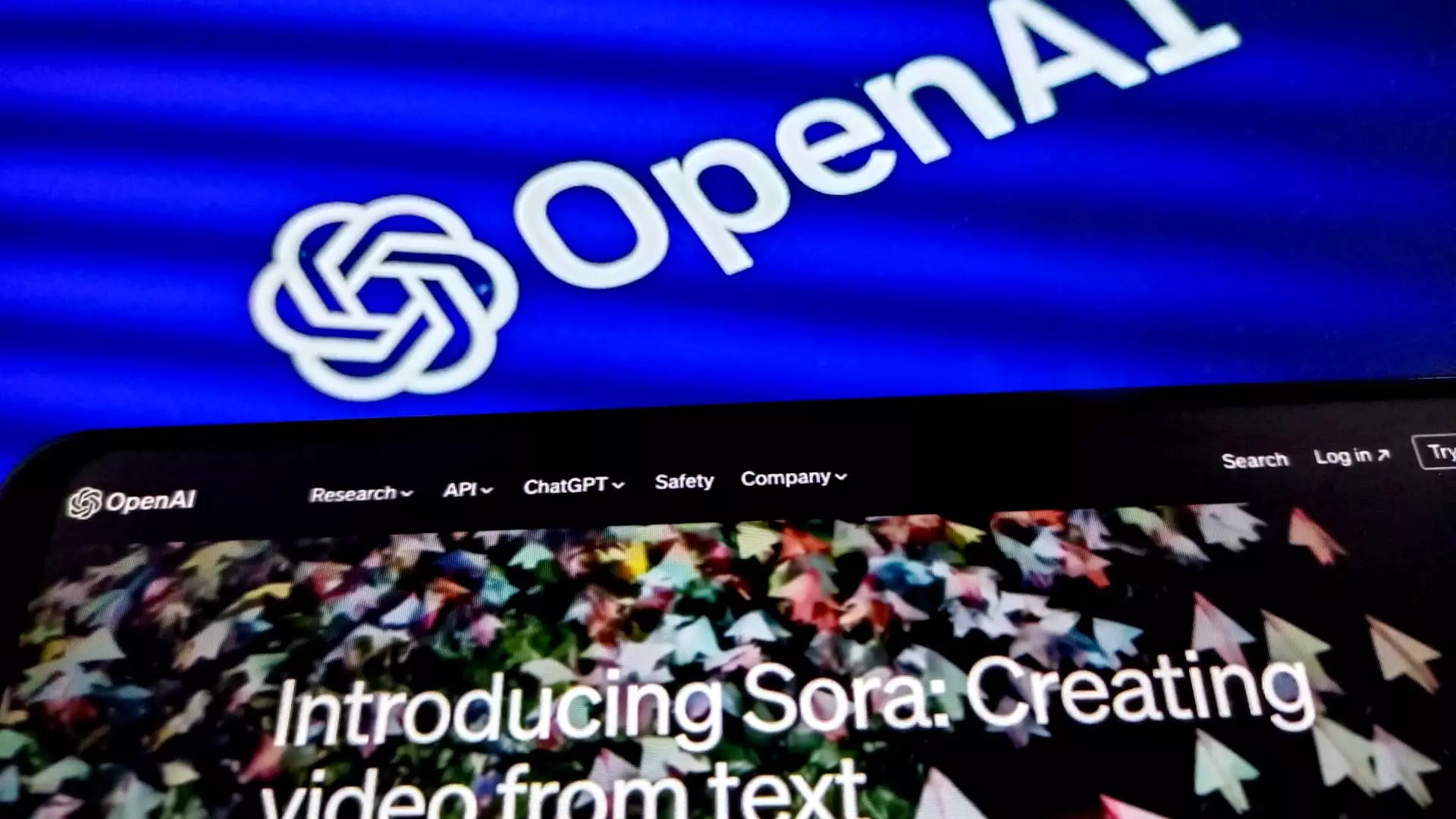The recent shake-up in OpenAI’s leadership has raised questions about the artificial intelligence company’s stability and future trajectory. Amid the departure of key executives, the company’s Chief Financial Officer, Sarah Friar, has made efforts to reassure investors about the continuity of growth and innovation at OpenAI. The surprise exits of influential figures like Chief Technology Officer Mira Murati, along with several others, have sparked concerns regarding the startup’s competitive edge in an industry characterized by rapid advancements.
Addressing Investor Concerns
In a proactive communication to investors, Friar emphasized her commitment to transparency by detailing the circumstances surrounding Murati’s exit. Friar recognized the challenges that come with leadership transitions but reiterated the strength of OpenAI’s remaining executive team. Her message was clear: the company is not only weathering these changes but remains positioned to thrive. This response is crucial, as investor confidence is paramount for a tech startup seeking to raise significant capital.
OpenAI’s looming $6.5 billion funding round is a lifeline, and with a valuation aimed at hitting approximately $150 billion, the company must demonstrate resilience. The backing of powerful investors, including Thrive Capital and Microsoft, adds layers of credibility and support. As discussions about investor concerns circulate, Friar’s communication serves to anchor OpenAI’s narrative of stability and growth, despite the surrounding uncertainty.
The departure of high-profile leadership figures poses a significant challenge. Murati’s six-and-a-half-year tenure included a brief stint as interim CEO, highlighting her deep involvement in shaping OpenAI’s vision. The loss of experienced personnel like Murati, alongside research leads Bob McGrew and Barret Zoph, creates a gap that could impact project momentum and innovative capabilities.
Yet, OpenAI’s strategic response includes appointing Mark Chen as the new senior vice president of research and involving seasoned leaders like Kevin Weil from Meta. This reorganization signals a commitment to maintaining a robust research division capable of pioneering developments in AI. The integration of new leadership with established expertise is crucial for sustaining innovation—an essential factor in the ever-evolving tech landscape where OpenAI competes.
While executive turnover might create immediate operational challenges, the potential of a successful funding round could provide the resources required to navigate these shifts. With the backing of influential partners and an oversubscribed funding round, OpenAI appears equipped to leverage its financial stability to buffer against the repercussions of the recent departures.
In her correspondence, Friar hinted at an enthusiastic outlook for the company, articulating plans to engage with investors directly. These upcoming calls indicate not just a strategy to maintain investor relations, but also a pathway to reinforce confidence in OpenAI’s ambitious vision. Her assertion that the company is focused on reaching more users and establishing sustainable revenue models reflects a balanced approach to both innovation and fiscal responsibility.
The narrative surrounding OpenAI isn’t solely about numbers and leadership changes; it’s also about the organization’s culture and foundational values. The wave of transitions signals not just challenges but an opportunity to redefine the company ethos as it adapts to an evolving landscape. OpenAI’s resilience will largely depend on how effectively it can maintain its pioneering spirit while integrating new perspectives through its leadership roster.
Additionally, the reported concerns of co-founder Sam Altman regarding equity stakes illustrate the intricacies of startup governance and ownership. This aspect touches upon broader conversations within the tech community regarding founder rights and investment dynamics, especially in high-stakes environments like AI development.
While OpenAI faces significant challenges with its leadership shifts, the company’s actions suggest a commitment to navigating this tumultuous period strategically. Through adept management of investor relations, an emphasis on innovation, and a focus on building a resilient internal culture, OpenAI aims to stabilize its trajectory in the industry. The unfolding story of OpenAI will be one to watch, as it not only reflects the inherent challenges of high-growth tech companies but also serves as a case study in adaptive leadership in the face of uncertainty.

Leave a Reply